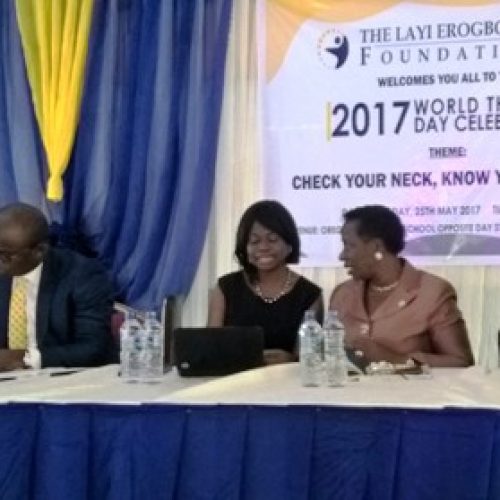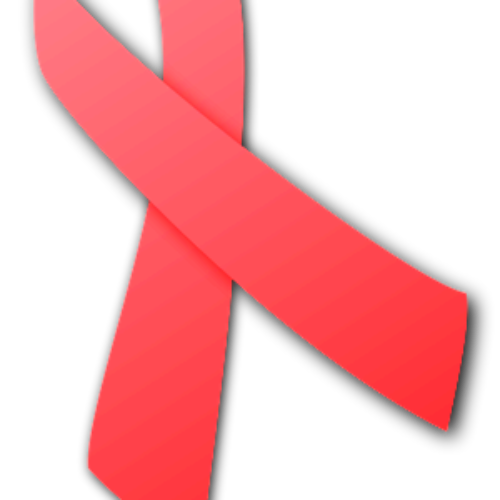New CSM strain in Nigeria
… Minister meets commissioners on how to end frequent outbreak in the country
The Federal Government says it has deployed epidemiologists and vaccines to arrest the outbreak of a new a strain of Cerebro Spinal Meningitis (CSM) in parts of the country.
The Minister of Health, Prof. Isaac Adewole, said in Abuja that the new strain, which is not common in Nigeria, was imported from Niger Republic.
Adewole said that the new strain requires a different type of vaccine and a team of epidemiologists have been deployed to address the challenge.
He described the outbreak of meningitis in Sokoto and Zamfara states as an unfortunate incidence, stressing that the ministry is working hard to contain the situation.
“It has become an annual ritual under this administration; we would want to put an end to annual outbreak of meningitis in some of the northern states.
“I have just spoken with the commissioner for health in Zamfara who is appreciative of what the Federal Ministry of Health has been doing through the Nigeria Centre for Disease Control.
“We have sent field epidemiologists; they are actually called disease detectives, to support them at the state level,’’ Adewole said.
The minister said that government have provided vaccines and would continue to do more in terms of whatever was needed with respect to material and technical support to overcome the outbreak.
“What we know in public health is that there is always an outbreak, but what is uncertain is where and the type.
“We want to be ready at any time,’’ he said.
Adewole said he has scheduled a meeting with the commissioners of health from the Northern states to plan a resilient and strong strategy to put an end to meningitis outbreak in the country.
He said all the states in northwest region are prone to the disease and the states would be treated equally when confronted by outbreaks such as this.
While calling for more vigilance, the minister appealed to Nigerians to report all cases of unusual fevers to health facilities and avoid overcrowding.
“When people are coughing let them be referred to facilities, open windows and ensure that we do not get infected easily.
“Children are more susceptible and when they have unusual fever they should also be referred to the hospital,’’ Adewole said.
According to him, many ailments like Lassa fever, meningitis and other diseases usually occur during the dry season and we expect many health challenges.
“Global warming had changed many things; as far as we are concern we would be ready for many things,’’ he said.
… facts you should know
Meningococcal meningitis is a bacterial form of meningitis, a serious infection of the meninges that affects the brain membrane. It can cause severe brain damage and is fatal in 50% of cases if untreated.
Several different bacteria can cause meningitis. Neisseria meningitidis is the one with the potential to cause large epidemics. There are 12 serogroups of N. meningitidis that have been identified, 6 of which (A, B, C, W, X and Y) can cause epidemics. Geographic distribution and epidemic potential differ according to serogroup.
Transmission
The bacteria are transmitted from person-to-person through droplets of respiratory or throat secretions from carriers. Close and prolonged contact – such as kissing, sneezing or coughing on someone, or living in close quarters (such as a dormitory, sharing eating or drinking utensils) with an infected person (a carrier) – facilitates the spread of the disease. The average incubation period is 4 days, but can range between 2 and 10 days.
Neisseria meningitidis only infects humans; there is no animal reservoir. The bacteria can be carried in the throat and sometimes, for reasons not fully understood, can overwhelm the body’s defenses allowing infection to spread through the bloodstream to the brain. It is believed that 10% to 20% of the population carries Neisseria meningitidis in their throat at any given time. However, the carriage rate may be higher in epidemic situations.
Symptoms
The most common symptoms are a stiff neck, high fever, sensitivity to light, confusion, headaches and vomiting. Even when the disease is diagnosed early and adequate treatment is started, 5% to 10% of patients die, typically within 24 to 48 hours after the onset of symptoms. Bacterial meningitis may result in brain damage, hearing loss or a learning disability in 10% to 20% of survivors. A less common but even more severe (often fatal) form of meningococcal disease is meningococcal septicaemia, which is characterized by a haemorrhagic rash and rapid circulatory collapse.
Treatment
Meningococcal disease is potentially fatal and should always be viewed as a medical emergency. Admission to a hospital or health centre is necessary, although isolation of the patient is not necessary. Appropriate antibiotic treatment must be started as soon as possible, ideally after the lumbar puncture has been carried out if such a puncture can be performed immediately. If treatment is started prior to the lumbar puncture it may be difficult to grow the bacteria from the spinal fluid and confirm the diagnosis.
Source: WHO







0 Comments
No Comments Yet!
You can be first to comment this post!